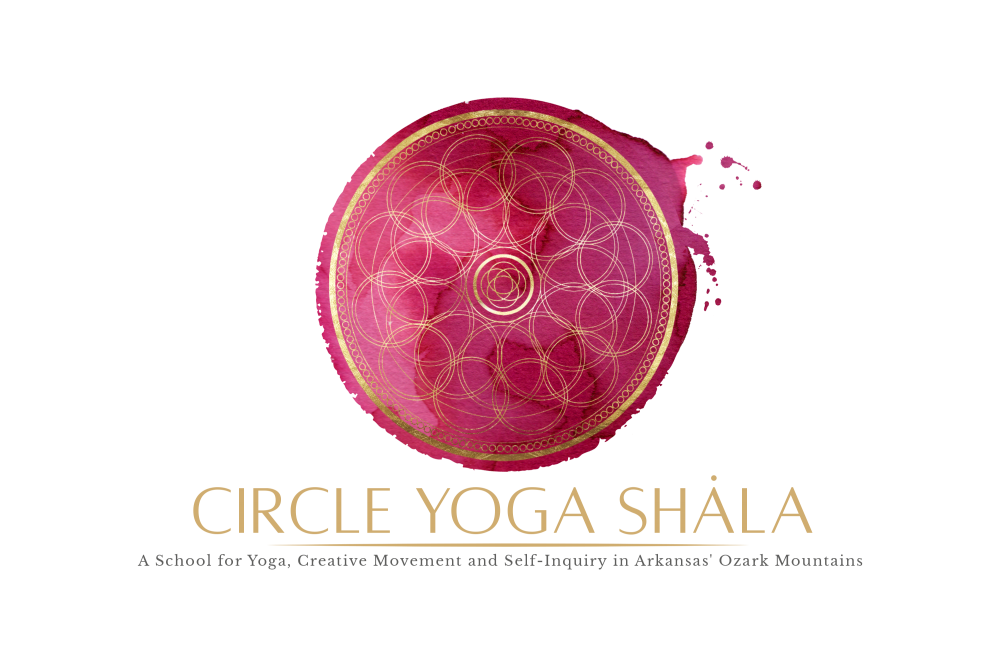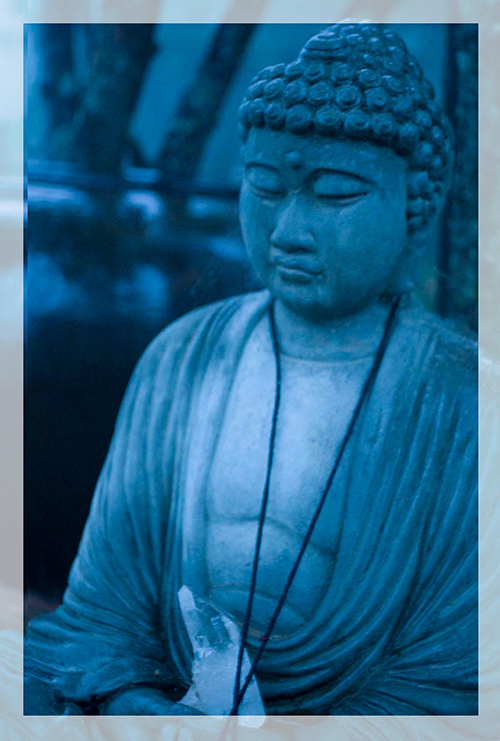Most of the great spiritual traditions offer maps of human development that show a way to be free from the delusion and fear that arises out of ignorance and its habitual behavior – -like addiction. My interests lie in the tradition of Yoga and that of Recovery. I have been active in both for the last two decades, and I have deep respect for them as spiritual programs that show a way to express our fullest human potential. In recovery there are 12 stages or steps, and in the Yoga Tradition the famous 8 Limbs in the Yoga Sutras of Patanjali.
Over time, I came to marvel at the depth of the twelve steps, and at how a certain level of participation in the program actively freed so many from the grip of what seemed to be the deepest possible pain. But more than that, I also saw how something suspiciously like the intelligence of the steps unfolds in the Yoga Sutras. This vision of their parallels soon became too great to ignore. If we look at them simultaneously, we can see that Patanjali’s process map, and that of the recovery tradition, converge around a triad of key concepts: addiction and ignorance, and the personal sense of self. Continue reading


